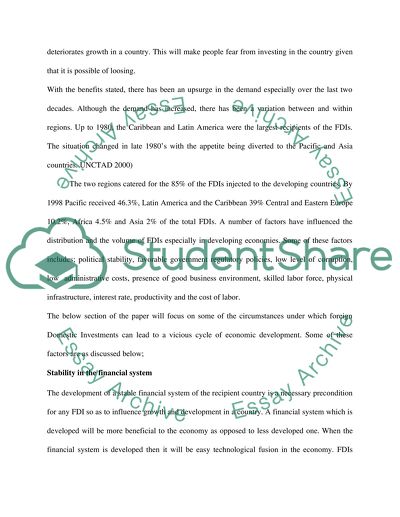Cite this document
(“Macroeconomics Term Paper Example | Topics and Well Written Essays - 2500 words”, n.d.)
Macroeconomics Term Paper Example | Topics and Well Written Essays - 2500 words. Retrieved from https://studentshare.org/macro-microeconomics/1490835-macroeconomics
Macroeconomics Term Paper Example | Topics and Well Written Essays - 2500 words. Retrieved from https://studentshare.org/macro-microeconomics/1490835-macroeconomics
(Macroeconomics Term Paper Example | Topics and Well Written Essays - 2500 Words)
Macroeconomics Term Paper Example | Topics and Well Written Essays - 2500 Words. https://studentshare.org/macro-microeconomics/1490835-macroeconomics.
Macroeconomics Term Paper Example | Topics and Well Written Essays - 2500 Words. https://studentshare.org/macro-microeconomics/1490835-macroeconomics.
“Macroeconomics Term Paper Example | Topics and Well Written Essays - 2500 Words”, n.d. https://studentshare.org/macro-microeconomics/1490835-macroeconomics.


